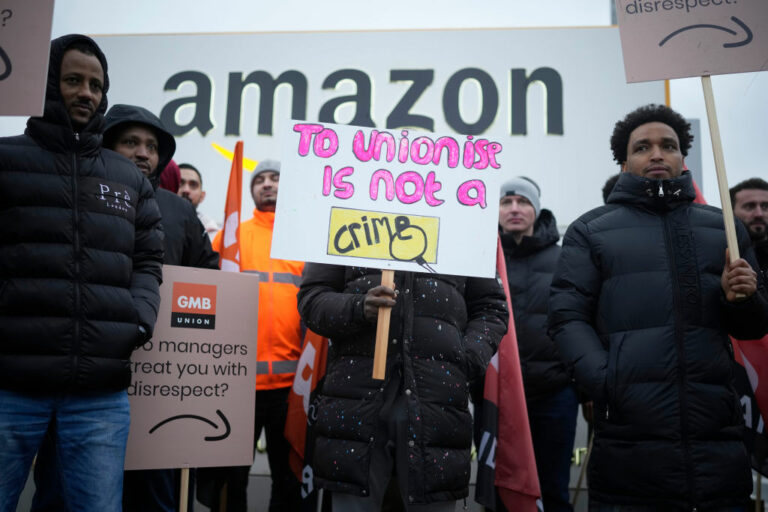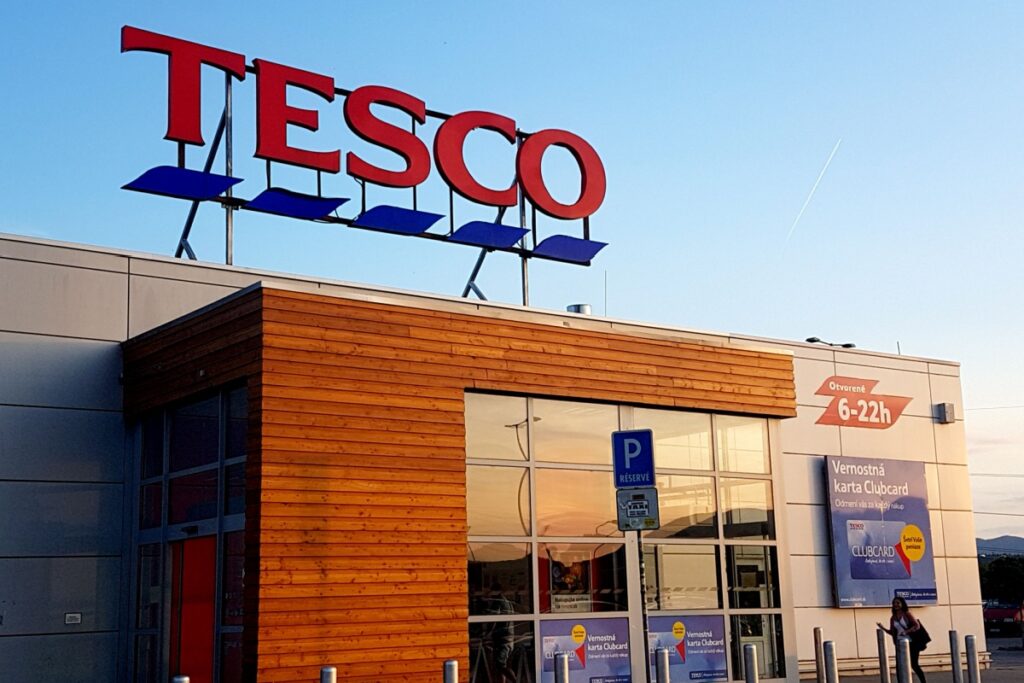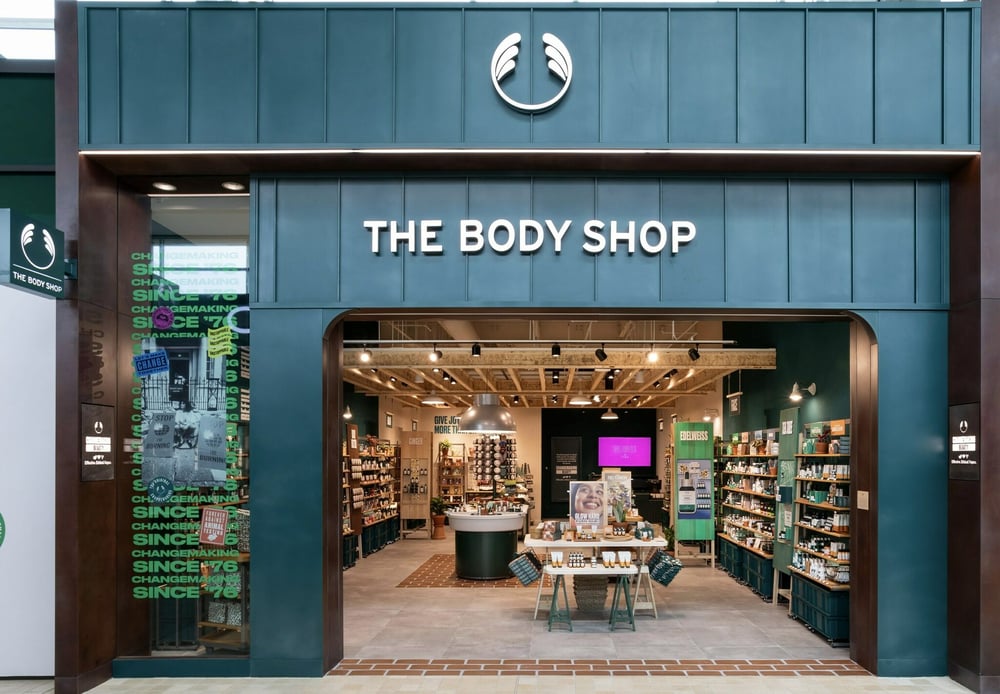It was a very different story 10 years ago. When Justin King arrived in 2004, Sainsbury‘s was haemorrhaging shoppers. Justin King‘s approach was not about internal audits or external consultants; it was about writing to a million Sainsbury‘s shoppers and asking what they wanted and how Sainsbury‘s could improve.
The answer was unequivocal: fix availability. After some painful restructuring, availability was sorted and Sainsbury‘s loyalists were appeased. But stopping the rot was never going to fulfil the ambition of ‘Making Sainsbury‘s Great Again‘.
There are usually a variety of factors in play when shoppers choose where to shop: convenient location, competitive prices, good quality products and a reliable shopping experience. Ten years ago, Sainsbury‘s was under-performing in three of these areas. Its ability to broaden its appeal would depend on meeting these core shopper needs.
A more aggressive store opening programme ensued, with convenience stores at the heart. Store staff numbers were increased to improve the shopping experience. The non-food offer was beefed up. And whilst Brand Match is a relatively recent development, it is doing its bit to reassure shoppers on Sainsbury‘s value credentials.
All this has come without Sainsbury‘s falling victim to the accusations we hear levelled at Tesco: warehouse-style stores, questionable ethics and declining food quality. Value and values matter to shoppers and Sainsbury‘s balances this equation better than most of its competitors.
During Justin King‘s tenure, Sainsbury‘s has gone from a struggling ‘not really for me‘ player to broad appeal, by listening to shoppers and doing the right things for them. But the question remains, what needs making great next?

















